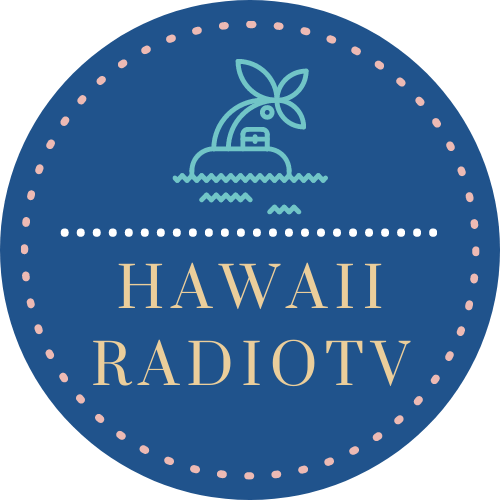Navigating the vast landscape of digital news can be challenging, yet crucial for those seeking to remain well-informed about world events. With countless platforms available online, knowing where to look and how to evaluate information sources has become an essential skill in our media-saturated age.
Finding reliable news sources online
The digital revolution has transformed how we consume news, offering unprecedented access to information from around the globe. This abundance of sources requires a strategic approach to news consumption, focusing on quality rather than quantity.
Distinguishing credible news platforms from unreliable ones
Media literacy starts with recognizing trustworthy news organizations. Balanced reporting can be found in established outlets like USA Today, Associated Press, and Reuters, which prioritize factual reporting over sensationalism. When evaluating news sources, look for transparency about authors, clear sourcing of information, and separation between news and opinion content. Setting a reliable news website as your homepage ensures you stay informed with accurate information daily. Students seeking news updates might benefit from visiting specialized portals that collect breaking news from diverse outlets, similar to what you can discover on https://www.casaidea.es/ where news categories are clearly organized.
Utilizing news aggregators and specialized websites
News aggregators serve as digital curators, gathering content from multiple sources into one convenient feed. Popular options include Flipboard, Feedly, and Google Currents, which allow customization based on your interests. These platforms help manage information overload while ensuring diverse viewpoints. Many traditional news organizations also offer dedicated apps and email newsletters providing concise daily or weekly summaries. For audio learners, news podcasts from outlets like Sky News Daily, PBS News Hour, and CBC Listen deliver current events in digestible 12-30 minute segments, making staying informed possible even during busy days.
Maximizing your news consumption experience
Staying informed about current events has never been more accessible—or more complex. With countless news websites, apps, and platforms vying for your attention, developing effective strategies to navigate this digital landscape is essential. The right approach can transform overwhelming information overload into meaningful knowledge that keeps you connected to what’s happening in the world.
News websites offer varying perspectives, formats, and specializations. Digital news consumption requires both technical know-how and critical thinking skills. By implementing structured methods to curate your news intake, you can stay updated on current events while maintaining information quality and managing your time effectively.
Creating personalized news feeds and alerts
Customizing your news experience begins with selecting reliable sources that match your interests. Set a news aggregator like Google News, Flipboard, or Feedly as your homepage to instantly access current events when you open your browser. These platforms pull stories from multiple sources, giving you a broader perspective.
Take advantage of personalization tools to tailor your news consumption:
– Download news apps from trusted organizations such as BBC, The Wall Street Journal, NPR, Reuters, or Associated Press directly to your smartphone
– Subscribe to email newsletters from quality publications like The New York Times or The Week for curated content delivered to your inbox
– Set up Google Alerts for specific topics you want to monitor regularly
– Follow reputable news outlets on social media platforms to receive breaking updates
– Utilize smart home devices to request news briefings throughout your day
For students and academics, university resources often provide access to premium news services. Course matching tools and subject guides can help connect you with specialized news sources relevant to your field of study.
Balancing depth and breadth in your news intake
Finding equilibrium between comprehensive coverage and focused exploration is key to effective news consumption. Mix traditional news sources with specialized content to develop a well-rounded understanding of current events.
Consider this balanced approach:
– Combine unbiased reporting (BBC, PBS News, Associated Press) with more opinionated sources (Vox, National Review, Slate) to understand different perspectives
– Supplement text-based news with audio formats like podcasts (Sky News Daily, PBS News Hour) that can be consumed in 15-30 minute segments while commuting or exercising
– Mix local, national, and international news sources to maintain awareness at all geographic levels
– Use fact-checking websites like FactCheck.org, PolitiFact.com, and Snopes.com to verify controversial claims
Media literacy remains crucial when navigating news websites. Evaluate sources critically, considering their reputation, transparency, and potential biases. Look for balanced reporting that presents multiple viewpoints and distinguishes between news and opinion content.
By thoughtfully structuring your approach to news websites, you can stay informed about current events without feeling overwhelmed. The digital news landscape offers unprecedented access to information—your task is to curate this abundance into a meaningful, manageable, and reliable stream of knowledge.





